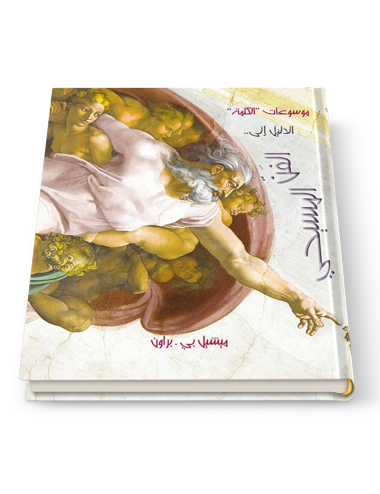The Dictionary of Religions and beliefs of the world
This dictionary:
Prepared by academics and specialists in the religious sciences, philosophy and history of religions
0.098 kg - 1.3 kg
This dictionary:
Prepared by academics and specialists in the religious sciences, philosophy and history of religions
Suren Kerkegor in Copenhagen on May 5, 1813, both of his father and mother descended from the Jute family, a Germanic tribe that invaded the European continent in the fifth century.
In fact, Africa is a vast continent encompassing both geographic variation and tremendous cultural diversity. Each of the more than 50 modern countries that occupy the continent has its own particular history, and each in turn comprises numerous ethnic groups with different languages and unique customs and beliefs.
This comprehensive exploration of the interpretive process,
has served as a successful textbook. It focuses on the three "worlds" of biblical interpretation--the world of the author, the world of the text, and the world of the reader--to help students develop an integrated hermeneutical strategy. The book offers clear explanations of interpretive approaches, which are supported by helpful biblical examples, and succinct synopses of various interpretive methods. Pedagogical aids include end-of-chapter review and study sections with key terms, study questions, and suggestions for further reading.
In fact, Africa is a vast continent encompassing both geographic variation and tremendous cultural diversity. Each of the more than 50 modern countries that occupy the continent has its own particular history, and each in turn comprises numerous ethnic groups with different languages and unique customs and beliefs.
Christianity has been a central force in the shaping of western culture. It is not surprising, therefore, that the greatest artists down the centuries have sought to paint its story. This book tells the history of Christian art, exploring the purpose behind the masterpieces and looking at the context in which they were created. The modern secular reader who feels detached from the meaning of the paintings will be helped to understand their emotional as well as their asethetic power. And the Christian reader will be encouraged to explore further the wonder and beauty of the Christian cultural legacy. The book includes a final chapter on the way modern artists are continuing and changing the legacy.








